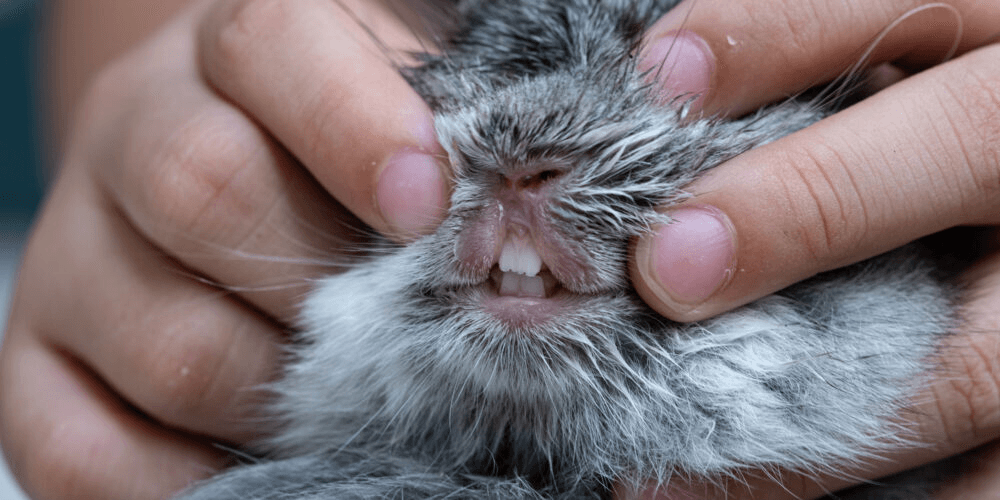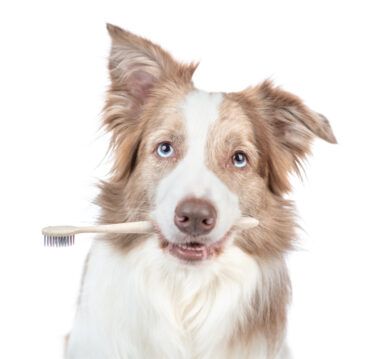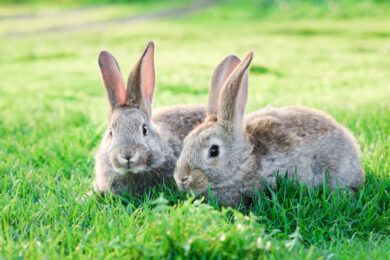Dental health in dogs, cats and rabbits
Dental disease in dogs and cats
Dental disease is common in dogs and cats, and it’s important to take your pet for regular dental check-ups and maintain good dental care at home.
If left untreated, plaque and gum infections can lead to periodontal disease, where deep pockets of infection form under the gumline and teeth eventually become loose.
Symptoms include swollen or bleeding gums, bad breath, discoloured teeth weight loss, excessive chewing, chewing with one side of the mouth, drooling and bleeding from the mouth. If you notice any changes or think your pet might have dental disease, please get in touch.
Other potential dental issues include tooth root abscesses, which can be caused by periodontal disease or infections tracking down the inside of a tooth, and chipped, cracked or worn teeth caused by chewing on hard objects.
The best way to look after your pet’s teeth is to take them for regular dental appointments, where we can detect any issues or signs of disease and give you individual advice on dental care.
In between check-ups, it’s advisable to brush your cat or dog’s teeth regularly with a pet-safe toothpaste. Tooth brushing should be introduced slowly, using positive training methods, to avoid distressing your pet. Please ask our team for help and advice.
Dental disease in rabbits
Dental disease is also common in rabbits. Rabbits’ teeth continue to grow for most of their lives. They should wear down with normal chewing action, but poor diets and inherited problems can cause uneven wear, leaving sharp points that can lead to painful sores on the tongue and cheeks.
Symptoms of dental disease in rabbits include runny eyes, reduced appetite, only eating certain foods, pooing less and in smaller amounts, dribbling from mouth, bumps on the face or jaw, sneezing, dandruff and ear problems.
The risk increases as they get older, so it’s important to maintain good dental health throughout their life to help prevent it.
Dental disease can often be prevented with the right diet, if started from a young enough age. Unlimited, good-quality hay and grass should make up the majority of your rabbit’s diet, alongside small amounts of leafy greens and pellets.
Regular dental check-ups with a vet are a great opportunity to check your rabbit’s dental health and detect signs of dental disease.
Please get in touch with your local Willows practice to learn more or book a dental check-up.




